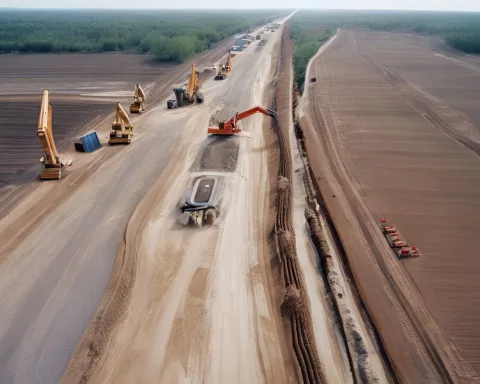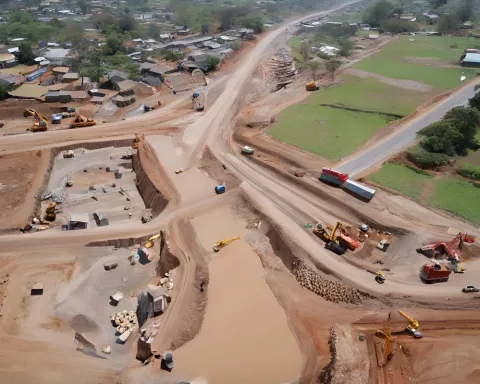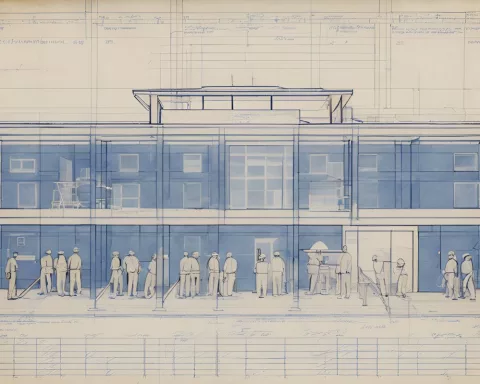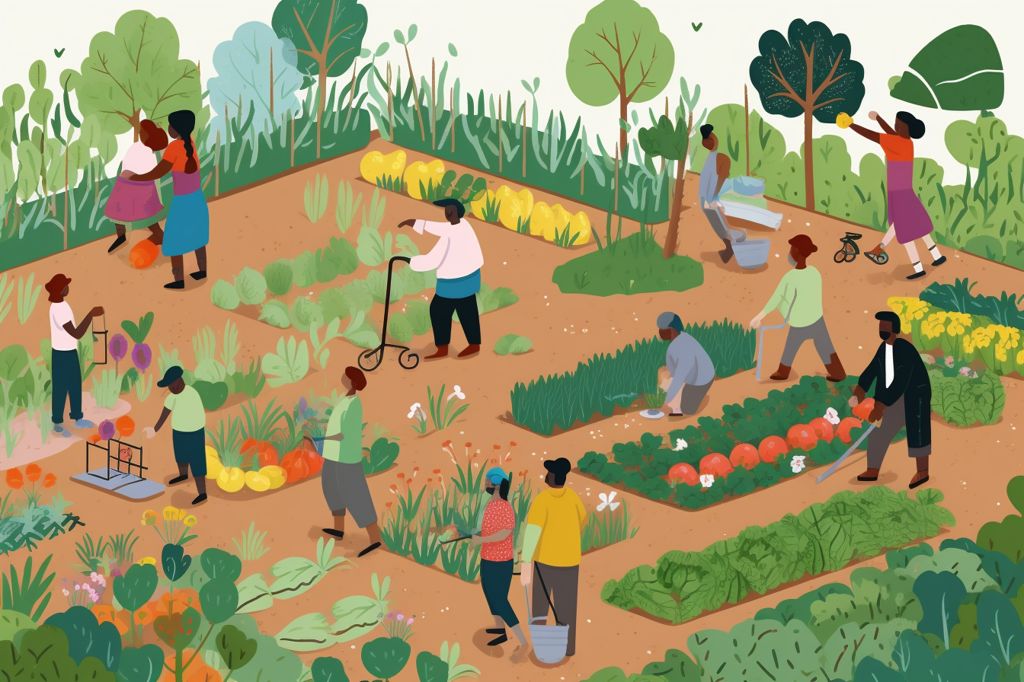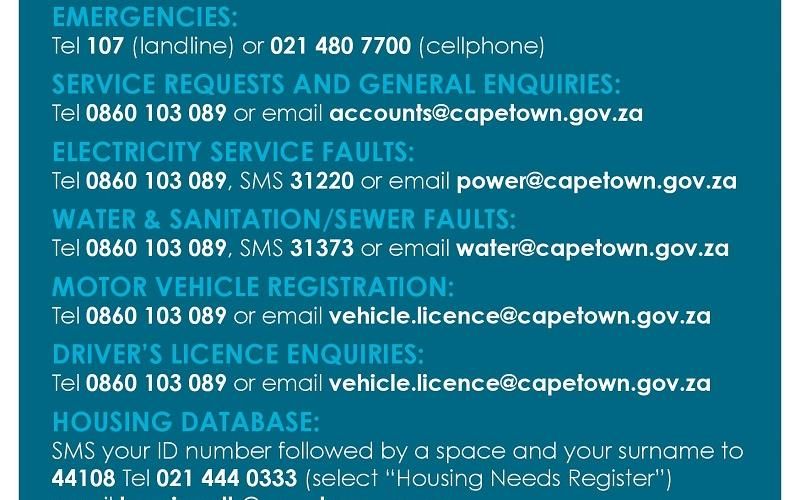Minister Thembi Nkadimeng, responsible for CoGTA (Cooperative Governance and Traditional Affairs), delivered a speech to the South African Parliament on the Presidency budget vote debate. In her address, she emphasized the importance of increasing the state’s capacity and abilities to speed up the provision of essential services, infrastructure development, and maintenance.
The District Development Model: A Citizen-Centered Instrument for Addressing Community Challenges
Minister Nkadimeng acknowledged the conclusion of Africa Month and the onset of Youth Month. She noted the need to leverage Africa’s youth dividend to advance a progressive socio-economic agenda. She discussed the District Development Model (DDM), a citizen-centered instrument to address community challenges.
Building a Capable, Ethical, and Developmental State
Minister Nkadimeng emphasized the significance of local government in promoting cooperative governance to build a capable, ethical, and developmental state. She expressed her condolences to the families who lost loved ones and the hardships faced by the community due to the ongoing crisis in Hammanskraal.
Water Resilience Action Plan
To address situations like Hammanskraal, a Water Resilience Action Plan is being developed. This plan aims to serve as the foundation for the rehabilitation of bulk water supply and wastewater treatment plant infrastructure and energy efficiency interventions within water reticulation and sewer systems.
Capacity Building
Nkadimeng’s vision includes capacity building, and a training program for water and wastewater process controllers is being implemented in low and middle capacity municipalities. This program will help municipal officials improve their technical skills and provide work exposure to apprentices, experiential learners, and young graduates in local government infrastructure management.
Stabilizing Coalitions in Local Governments
To stabilize coalitions in local governments, a collaboration between the Departments of Cooperative Governance and National Treasury, as well as the South African Local Government Association (SALGA), is being formed. The goal of this collaboration is to adapt the legislative and policy environment to the realities of multiparty governance.
Fiscal and Infrastructure Development
Fiscal and infrastructure development is another essential component of Nkadimeng’s vision. The department will implement fiscal reforms introduced through the Division of Revenue Act to scale up infrastructure development financing. Issues related to procurement have been identified as contributing factors to poor grant allocation spending.
Municipal Infrastructure Grant and Integrated Urban Development Grant
The Municipal Infrastructure Grant (MIG) will continue to provide capital finance to municipalities for implementing infrastructure projects. Additionally, the Integrated Urban Development Grant (IUDG) aims to fund public investment in infrastructure for the poor and promote increased access to municipal capital finance.
Responding to the Presidential Employment Stimulus
Nkadimeng emphasized the importance of the District Development Model (DDM) as an operating model for energizing the cooperative governance system. The department has responded to the Presidential Employment Stimulus by carrying out two critical programs: the institutionalization of Labor-Intensive Construction (LIC) methods in municipal infrastructure projects and the Innovative Waste Management Program targeting youth and women in at least 45 municipalities across the country.
Developing Disaster Management Capacity
On the matter of developing disaster management capacity, Nkadimeng outlined strategies such as contingency planning, securing sustainable funding, ensuring well-coordinated disaster response, and restoring disaster-affected communities through rebuilding efforts.
In conclusion, Minister Nkadimeng called for continued progress in service delivery to the people and emphasized the need for local government to function in the interest of communities. She stressed that local government is everybody’s business and thanked the Parliament for the opportunity to participate in the debate.



